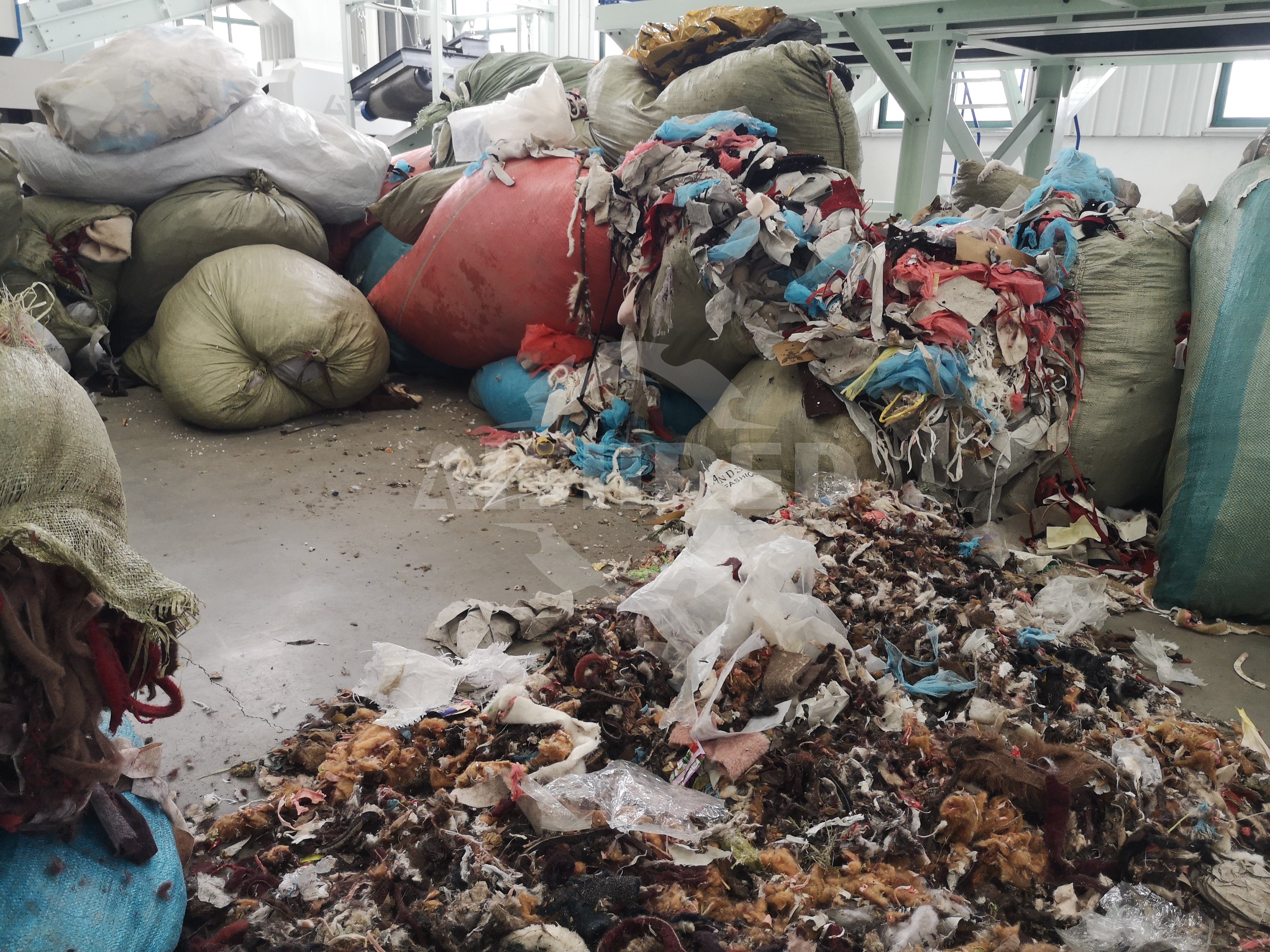Engineered fuel is a kind of alternative fuel produced by processing and blending construction and demolition material, and/or select industrial and/or commercial byproduct material streams including: plastic, paper, paper mill contraries, paper fiber, cardboard, textiles, carpet, and rubber.

Waste to Engineered Fuel Processing
- pre-screening of potential customers' material before it is received;
- feedstock acceptance practices to ensure a primarily wood-based product and removal of materials that may have high contaminant levels;
- removal of metals and fines;
- manual sorting to remove residual contaminated material;
- shredding to improve the fuel characteristics of the material;
- final screening to ensure consistency and low ash levels and improved combustion in the fuel.
GEP ECOTECH Shredding Solution in Waste-to-Fuel Application
Shredding is the most important stage in Waste-to-Fuel applications, as it imporve the fuel characteristics. GEP ECOTECH offers two kind of shredders for waste to engineered fuel application: the primary shredder and the secondary shredder. The material passes through the priamry shredder first, where it is sized to four inches or below. Next, the material passes du-ough the secondary shredder, where it is further sized to one and a half inches or below. After sizing, the stream is screened again and any material larger than one and half inches is returned to the beginning of the sizing process. The remaining stream proceeds to a screen, which removes any material under three eighths of an inch. This ensures that the fmal fuel has low ash levels and improved combustion. The removed material from the trammel screen is beneficially used and sold as a solidification agent consisting of small fines of sawdust and other materials.

